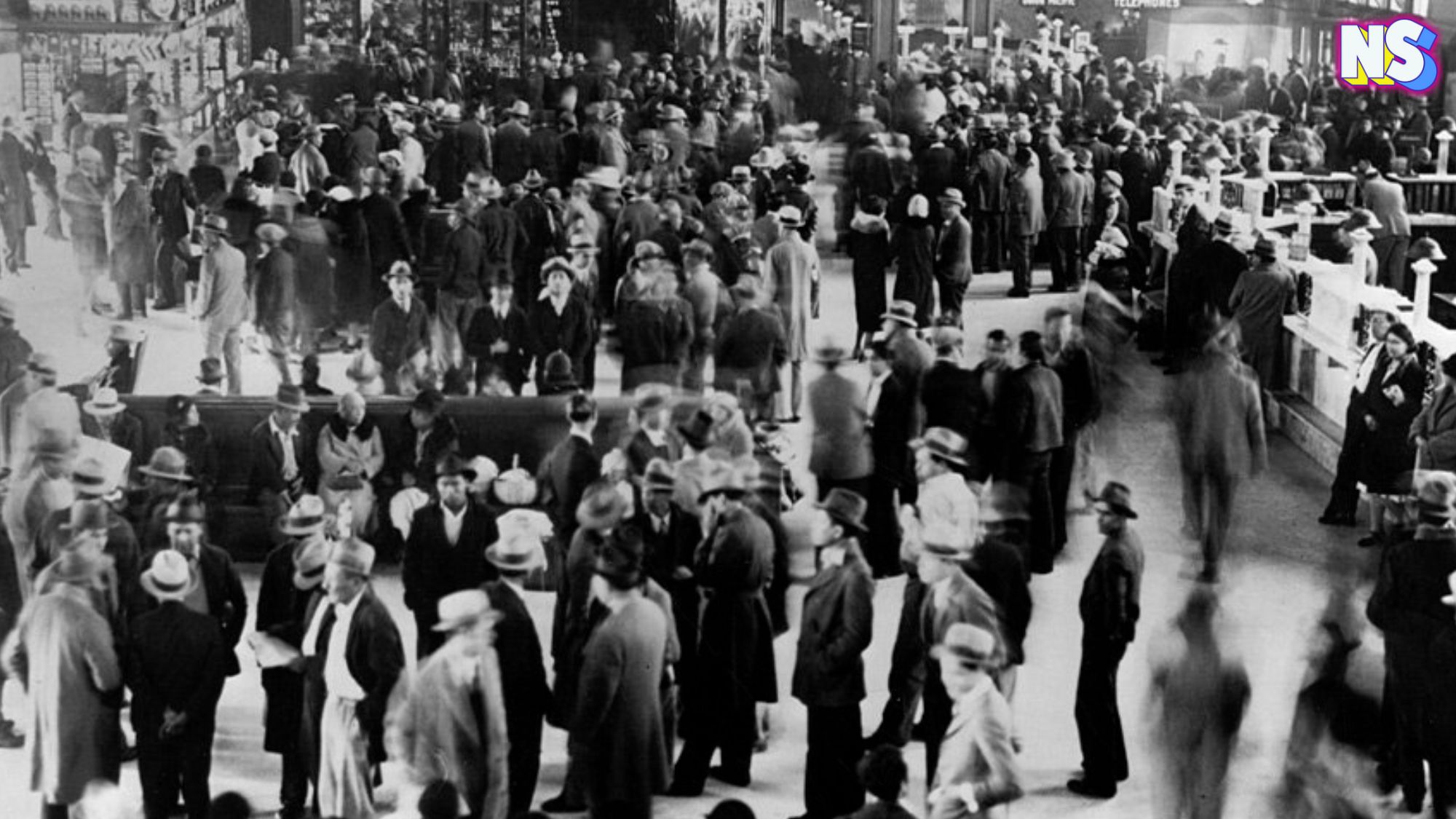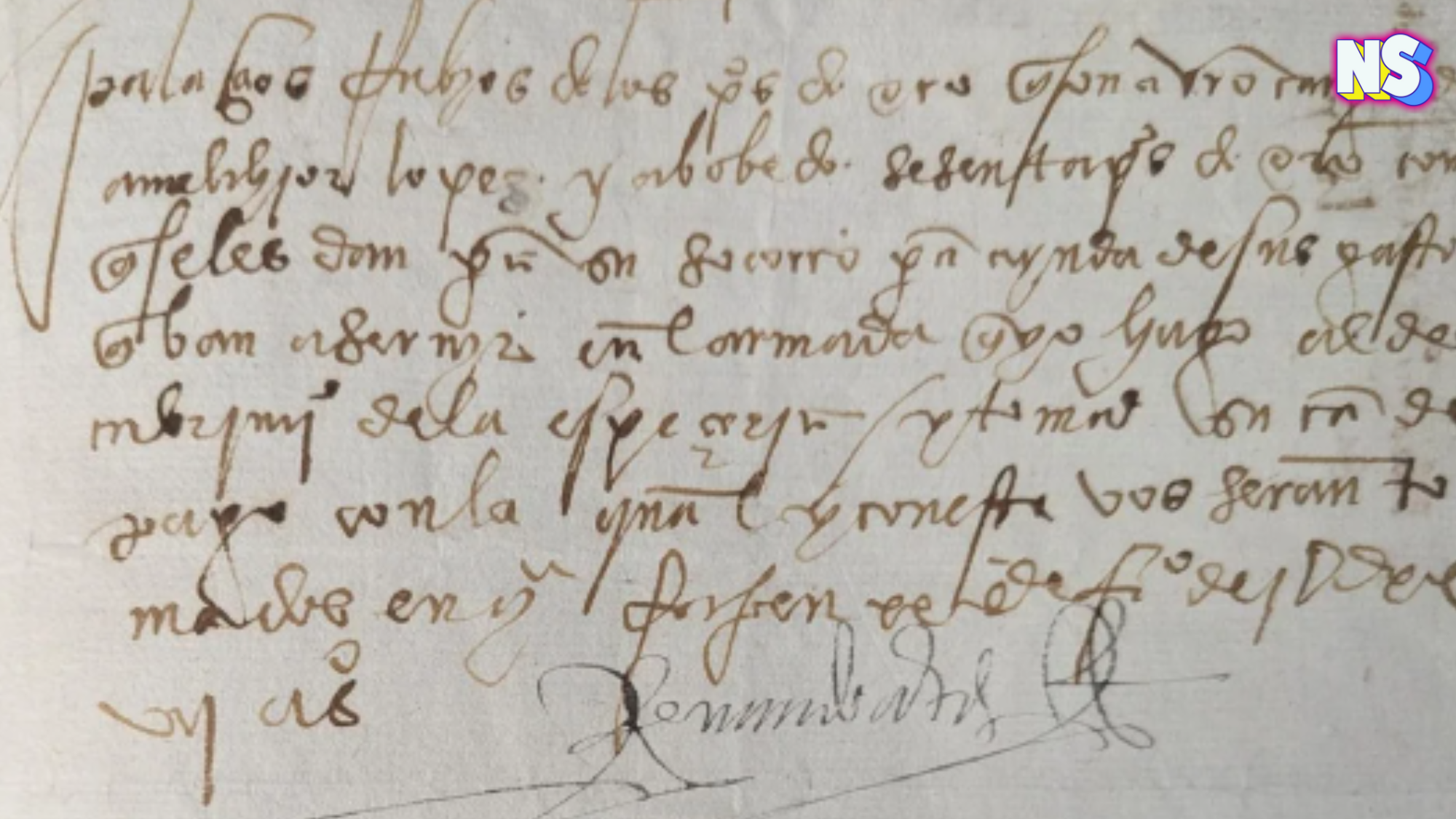In the 1930s, during the Great Depression, the United States government initiated a dark chapter in American history. It’s been called it the Mexican trail of tears, a reference to the U.S. government’s forced displacement of around 60,000 people of the “Five Civilized Tribes,” in the 1800s. Like President Andrew Jackson before him, President Herbert Hoover ordered the forced removal of innocent people from their homes based on their heritage. Now, almost 100 years later, with the help of school teachers and social media, the forgotten stories of the “Mexican Repatriation Program” are being told.
The Forgotten Deportations
Nearly two million people of Mexican descent were deported against their will from 1929 to 1936. And the majority of them were U.S. citizens. The mass deportation, aka “Mexican Repatriation,” went under the political slogan “American jobs for real Americans.” Non-Latino citizens were promised a better economy once the “aliens” were sent back home.
“Almost two million individuals were illegally deported to Mexico, and it’s estimated that almost 60 percent or more of those two million were actually United States citizens born right here in the United States,” Sen. Joe Dunn, a Democrat from Santa Ana, Calif., tells NPR.
Racial Targeting and Forced Removal
Local governments played a significant role in carrying out these unlawful deportations. They organized raids and forced Mexican Americans, both immigrants and native-born citizens, onto buses, trucks, and trains bound for Mexico. As reported by the History Channel, “The police just arrested people and put them on trucks, buses or trains bound for Mexico, regardless of whether they were documented immigrants or even native-born citizens.”
“One of the issues is the ‘repatriation’ took place without any legal protections in place or any kind of due process,” Dean and Professor of Chicana/o studies at the University of California, Davis, School of Law Kevin R. Johnson explains in a recent interview. “So you could argue that all of them were unconstitutional, all of them were illegal because no modicum of process was followed.”
The deportations didn’t discriminate by age or circumstance. Children, adults, and entire families were targeted, often in public places like parks or social gatherings. In one notable example from 1931, authorities in Los Angeles raided La Placita Park and rounded up over 400 people, deporting them to Mexico without any legal proceedings.
@chrisdier The Mexican “Repatriation” #fyp #foryoupage #history #apush #mexicanhistory #MexicanRepatriation #border #deportation #UShistory #teachersoftiktok
♬ original sound – Chris Dier
Raising Awareness via TikTok
Their stories are just now being told. A TikTok video about the “Mexican Repatriation,” by History Teacher Chris Dier, has almost 500,000 views, 90 thousand likes, and over 3 thousand comments. In it, the award-winning teacher details the experience of Mexican-American families and raises awareness of this hidden chapter in U.S. history.
“Yes my grandparents lived through this!” gloriariveradom97 comments on TikTok.
TikToker quechangos adds: “This happened to my grandparents who didn’t return to the U.S. until their late 40s because they had no idea they were born in the U.S.”
@themasacenter Mexican Repatriation, Ignacio Piña #xicano #xicana #chicano #chicana #chicanx #mexicanamerican #mexican #mexicana #mexicano #hispanic #greatdepression #ushistory #history #latine #latinx #latino #latina
♬ original sound – MasaCenter
Economic Hardship and Scapegoating
The federal government’s rationale for these deportations was rooted in the economic hardship of the Great Depression. With unemployment soaring and a growing need to preserve jobs for white Americans, Mexican Americans were falsely scapegoated as contributing to job scarcity. In reality, many of those deported were laborers who had been actively recruited by U.S. industries during the early 20th century to fill gaps in the workforce.
According to economists, the 1930s “repatriation drives” did not help boost local economies. In fact, these raids hurt regional and, in turn, the national economy.
“The repatriation of Mexicans, who were mostly laborers and farm workers, reduced demand for other jobs mainly held by natives, such as skilled craftsman and managerial, administrative and sales jobs,” economists explain in a 2017 academic paper circulated by the nonpartisan National Bureau of Economic Research, and quoted by the History channel. “In fact, our estimates suggest that it may have further increased their levels of unemployment and depressed their wages.”
A Long Overdue Apology
This tragic episode in American history was largely ignored for decades. However, in 2006, California passed the “Apology Act for the 1930s Mexican Repatriation Program,” recognizing the injustices committed during this period. The act expressed regret for the unconstitutional deportations and called for education and awareness to prevent similar injustices in the future.
Plans are also underway to build a monument memorializing the victims of the Mexican Repatriation in Los Angeles, where many of the roundups took place. This monument will serve as a reminder of the injustice endured by millions of Mexican-Americans in the 1930s.
These long-overdue gestures ensure that the forgotten deportations are no longer “forgotten,” and that future generations learn from this dark chapter in American history.





